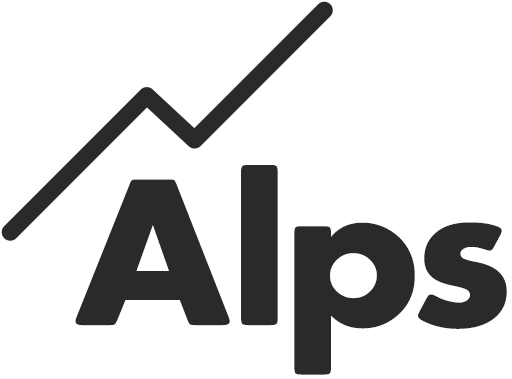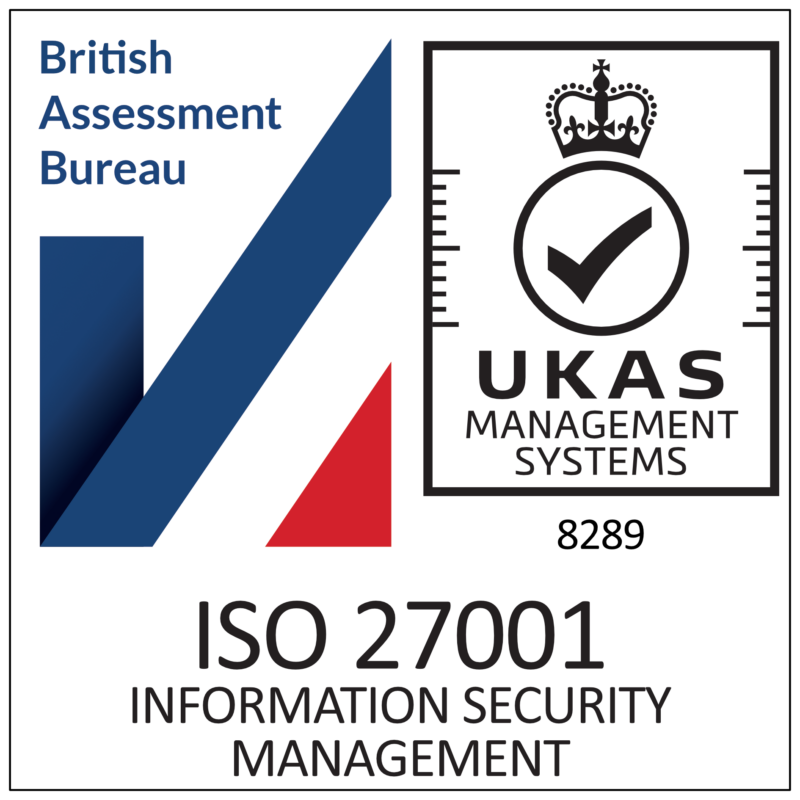Maximising Achievement with Y11 in the final 15 weeks before the 2024 examinations in Wales
A companion piece to our Alps Champions Webinar on 18th January 2024.
At Alps, we are aware you are facing significant challenges in 2023-24:
- Y11 students’ last undisrupted pre-pandemic academic year in education was Y6 in 2018-19.
- Their secondary education has been extremely disrupted by the pandemic and its consequences.
- However, their results are being brought down to 2019 standards in 2024, as they were in England in 2023. ‘GCSE and Skills Challenge Certificate qualifications that are taken in November 2023, January 2024 and next summer will return to pre-pandemic approaches. This means that WJEC will not provide advance information ahead of the examinations. Nor will there be a broadly midway grading policy, as there was in 2022 and 2023.’
- So, results at A*-C and higher will be lower than in 2023 in 2024. Table 1 shows the relative proportion of grades by year from 2019 and 2023.

We are here to support you with our Nine Top Tips:
1. Get everyone on board if you want to achieve your goals. Ensure that every middle leader and every set teacher understands their role in achieving the school’s ‘goals’ and feels responsible for helping to achieve them.
2. Your goal might be your Alps Quality Indicator, or your Capped 9 points score. If you are targeting a high Capped 9 points score, then using Alps Connect to see which students are currently underachieving is highly recommended.
3. Using Alps Connect effectively also keeps all teachers involved in your quest for success but bases the analysis on student progress. Using Connect ensures you are on top of the subjects, sets, and student groups that need to improve to gain outstanding Alps’ Grades and a high Capped 9 points score.
4. In terms of Capped 9, our advice is to keep a tight focus on the Literacy, Numeracy and Science slots as these slots contain most of the subjects taken by all your students:
- Literacy – best result of first awarding of: Welsh first language or English language or Welsh literature or English literature.
- Numeracy – best result of first awarding of: mathematics – numeracy or mathematics.
- Science – best result of first awarding of): biology, chemistry, physics, science (double award) applied science (double award) and applied science (single award).
- If students perform well in all the subjects they study in those three slots, they may have 6 or 7 good grades to count towards Capped 9.
- Beyond that, your other most populous subjects, for example the Welsh Baccalaureate Skills Challenge Certificate, will have the biggest impact on student outcomes, post-16 pathways and your Capped 9 points score.
5. Focus on raising outcomes and progress by concentrating on improving the performance of targeted students in specific subjects.
6. Use Connect to ensure you are on top of the students who are underachieving and need support to achieve their Post-16 goals especially eFSM students.
7. Ask Heads of Department (HODs) to run department meetings based on:
- Past papers and mark schemes (especially 2023)
- Command words
- 2023 Examiner reports – identifying those ‘silver bullets’ that will improve grades.
Share this invaluable information with your students.
8. Ensure Mock exams are marked to identify individual and collective learning gaps (skills / knowledge) so that these can be addressed, re-assessed, and closed before the summer. Based on what commonly lost students marks & grades in your Mocks and what the Examiner Report reveals lost students marks & grades in 2023, ask HODs to identify their five main priorities to work on from January to May to aim to make sure students do not make these same errors in the summer.
9. Make sure sustaining / improving performance at A+ is also a priority in your school as many schools made less progress with higher Prior Attainment (PA) band students in 2023.
In Connect:
1. Discuss with HODs and teachers which students on their course have the greatest potential to improve their mock / predicted grades. Use the ‘What-if’ tool in Connect to demonstrate the impact on subject value-added (VA) of those students achieving a higher grade.
2. Ensure that all teachers understand what needs to be done to enable each of these students to master the skills or knowledge, the lack of which currently blocks them from achieving the next higher grade.
3. Use our comparison and filter tools to understand how the student groups in each subject or set are predicted to perform by disadvantage, gender, ethnicity & PA.
4. Because the percentage of higher grades dropped in 2023, our analysis shows that many schools struggled to make strong progress with students with higher PA. There will be fewer high grades awarded in 2024 than in 2023. Therefore, we recommend a sharp focus on the mock and predicted grades of higher PA students and your achievement of grades at A+.
5. Use our Monitoring Accuracy tools to identify:
- which subjects predicted most accurately in 2023?
- which subjects are predicting outcomes most different to previous monitoring grade-point or are predicting much higher outcomes / higher VA than in 2023?
6. Identify students who are underachieving in a wide range of subjects for intervention.
And finally – Dealing with Baseline issues
- Our original baseline to measure progress to KS4 from in Wales was the Y8 Welsh National Tests (WNT).
- Because of disruption to the testing during the pandemic, and some other factors, we are now advising as follows:
- Schools should use whichever WNT tests they have for students in this cohort to act as their KS4 baseline, for example Y7, Y8 or Y9.
- If students have taken no Welsh National tests, CAT4 MEAN SAS results may be used as a prior attainment baseline.
Register for the webinar
If you are an Alps user you can register via your Connect homepage, for our free Alps Champions Webinar on Thursday 18th January 2024.
If you do not use Alps, but are interested in how Alps could support you, do not hesitate to contact one of our friendly team at [email protected]. You can also call us 01484 887600 and we will be delighted to speak to you, or you can book a demo with one of our knowledgeable team here.
About the author: John Philip
 John started working with Alps in 2008, while he was working at Little Heath Comprehensive School. At Little Heath, John used Alps to achieve top 2% performance in value-added terms. He also worked with schools regionally and nationally through the Raising Achievement Partnership Programme. Since leaving Little Heath in 2010, John additionally works as an associate for 22 secondary schools through PiXL.
John started working with Alps in 2008, while he was working at Little Heath Comprehensive School. At Little Heath, John used Alps to achieve top 2% performance in value-added terms. He also worked with schools regionally and nationally through the Raising Achievement Partnership Programme. Since leaving Little Heath in 2010, John additionally works as an associate for 22 secondary schools through PiXL.
Need more information?
If you would like any further information, please contact one of our expert advisers.


